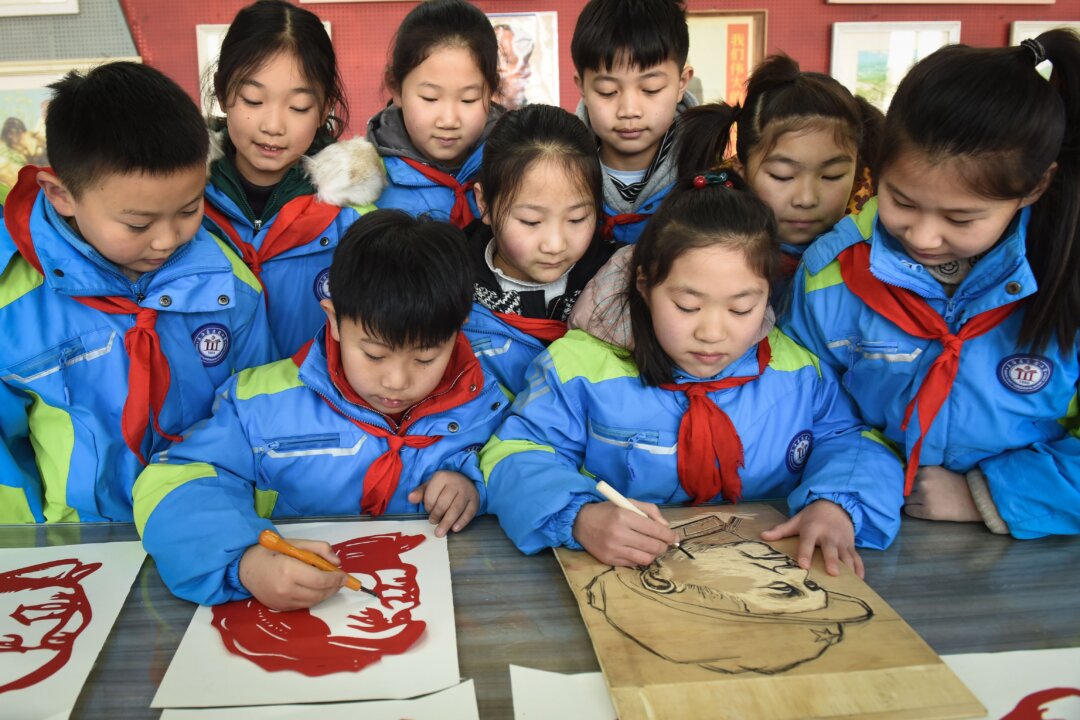The Chinese government is sending mixed messages by releasing contradictory policies within two weeks to regulate the country’s $42 billion domestic online gaming industry, leading to fluctuations in the stock market, experts say.
At the Chinese Communist Party’s annual Central Economic Work Conference, the party announced the intention to issue “more policies to help stabilize expectations, growth, and employment,” with a focus on economic growth in the technology sector. Following this announcement, stock prices for gaming companies surged.
However, just ten days later, the National Press and Publication Administration released the “Online Game Management Measures (Draft for Comments),” imposing detailed restrictions on the operations and marketing methods of the online gaming industry, including user recharge limits. This led to a sharp decline in the stock prices of Chinese video gaming companies, resulting in the loss of billions of dollars in market value.
Despite the crackdown, the State Press and Publication Administration approved 105 new domestic games, marking the first time it has approved more than 100 games in a single announcement. In response to this news, several Chinese gaming companies, including Perfect World, announced plans to repurchase or increase their shares, signaling optimism about the industry’s future prospects.
Wang He, a China affairs observer, highlighted that the CCP’s scrutiny of the gaming industry is aimed at ideological control and “national security” reasons, given the rapid expansion of the industry and the serious consequences of gaming addiction. He noted that the CCP’s regulatory measures lack transparency and are driven by the regime’s desire for absolute control.
Nan Jifeng, former vice president of a China-based gaming company, echoed these sentiments, stating that the new regulations serve the interests of the CCP, emphasizing the party’s control over online gaming companies and their content. He revealed that the authorities prioritize political loyalty to the party over profitability, leading to the suppression of companies that fail to comply with the regime’s demands.
Moreover, the CCP’s focus on the gaming industry also has potential military implications. Chinese online game research reports have highlighted the industry’s role in promoting digital technology and its military-civilian dual use, with the transfer of technologies to emerging industries. This technological potential could be leveraged for military purposes, enabling the regime to compete with the United States for global dominance and conduct information surveillance on the West.
Mr. Nan emphasized that the CCP’s emphasis on the gaming industry does not represent the high-tech future direction of the digital age but rather reflects the regime’s attempts to replicate Western military simulations. He revealed that government-outsourced projects completed by gaming companies are of low quality and lack the necessary time investment for the development of game engines.
Looking ahead, the Chinese gaming industry is expected to undergo further reshuffling, with companies that comply with the regime’s demands surviving and those that resist being suppressed. As the CCP continues to exert its influence over the industry, the implications for political control and potential military use will remain a cause for concern.
Ning Haiphong and Yi Ru contributed to this report.




